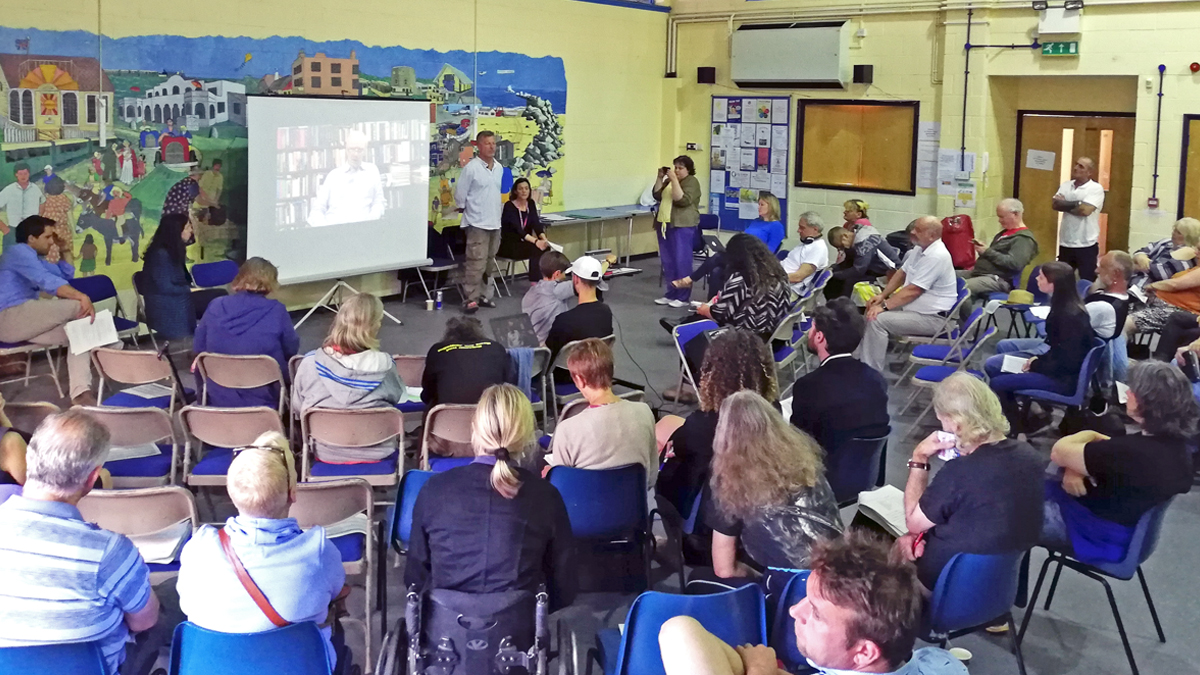The University of Essex’s global profile in human rights and migration research is at the heart of a range of projects, partnerships and practical measures in support of the United Nations’ Sustainable Development Goals (SDGs).
For more than three decades, Essex Human Rights Centre (HRC) has played a significant role in international standard-setting, most recently in the development of guidelines for investigations in armed conflict and drugs policy.
Through the Human Rights Local initiative, the HRC has also worked with disadvantaged communities across the UK, to build a culture of rights.
In June 2020, Essex experts published the 32-chapter COVID-19, Law and Human Rights: Essex Dialogues. Essex Dialogues speaks to the impact of marginalisation and discrimination on individual experiences of COVID-19, and of disparities in access to treatment and vaccines.
With Essex home to not only the HRC but the Centre for Trauma, Asylum, and Refugees, and the Centre for Migration Studies, it was a natural choice as the base for the GAIN Secretariat. GAIN, the Global Academic Interdisciplinary Network, realises a commitment made in the Global Compact on Refugees to establish a worldwide network of scholars focused on “refugee, other forced displacement, and statelessness issues”. Essex will retain the Chair until 2023, with the network highlighting contributions from academic institutions in low-and middle-income contexts.
Through the UK Government’s Global Challenges Research Fund, Essex has also developed collaborations and capacity building activities focused on a broad range of areas including sexual health, sustainable rivers and the use of machine learning to fight forest fires. Just this month, the second of these projects launched a new digital platform, with an online and on-site exhibition to follow.
The renowned ‘Essex Spirit‘ has also been on view, with students playing their part through studies, volunteering and activism. In December 2020, the University responded to calls from students and staff by declaring a climate and ecological emergency, and, in the same month, it was recognised as a University of Sanctuary, reflecting a commitment to promoting a culture of welcome, safety and inclusion for refugees and asylum seekers across its campuses and communities.










